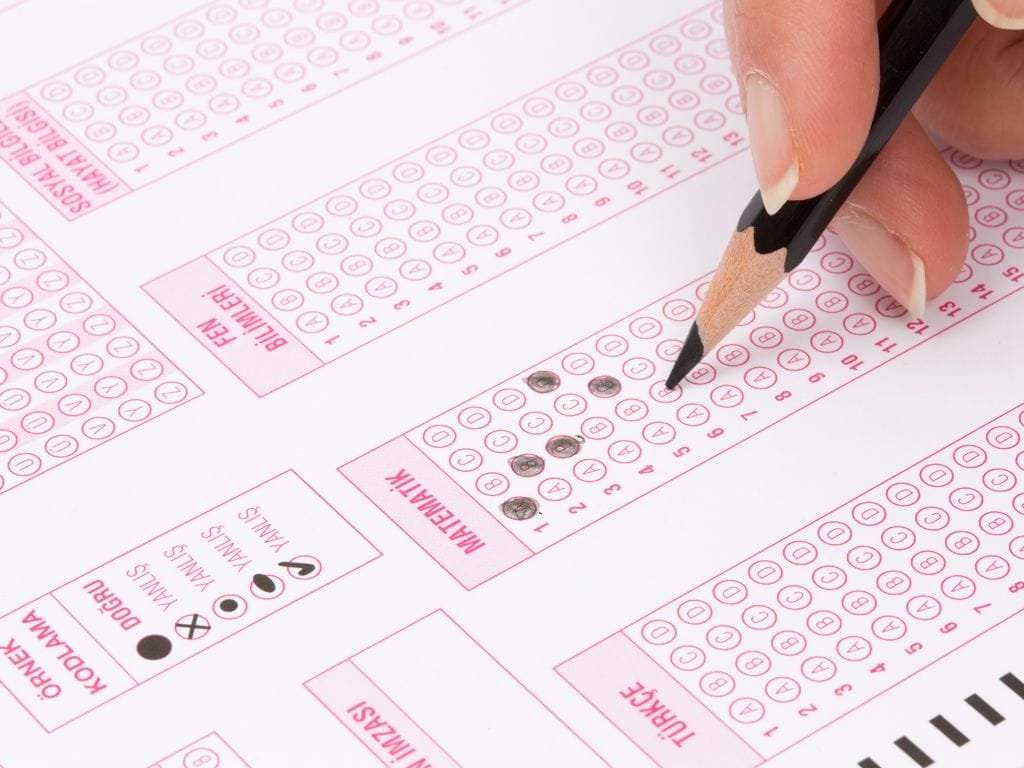10 Secret Tips for Passing Your PSLE
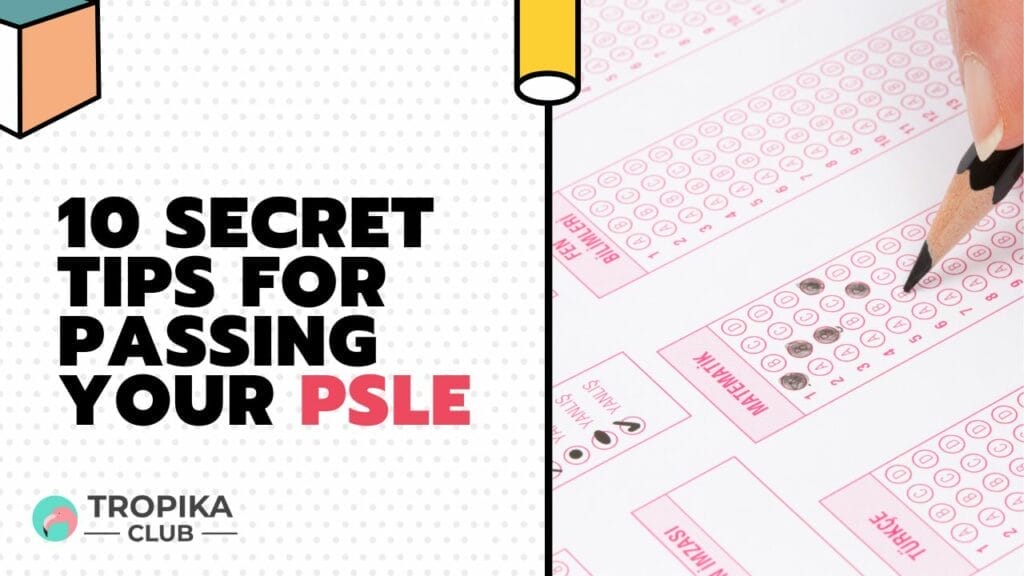
No Time to Read? Here’s a Snappy Summary of This Article
- Master Time Management: Allocate study time wisely to balance subjects and avoid last-minute cramming.
- Practice Mindful Revision: Engage actively with material, using techniques like summarizing and teaching to solidify understanding.
- Cultivate Effective Study Habits: Experiment with various methods, such as flashcards or mind maps, to find what works best for you.
- Prioritize Self-Care: Maintain a healthy lifestyle with adequate sleep, nutritious meals, and regular breaks to optimize cognitive function.
- Seek Clarification: Don’t hesitate to ask teachers or peers for help when facing challenging concepts or questions.
- Stay Positive and Confident: Believe in your abilities, stay focused, and approach the exam with a calm and optimistic mindset.
Table of Contents
- No Time to Read? Here’s a Snappy Summary of This Article
- 1. Understanding the PSLE Format
- 2. Time Management
- 3. Regular Revision
- 4. Practice Papers
- 5. Healthy Lifestyle
- 6. Stress Management
- 7. Positive Mindset
- 8. Parental Support
- 9. Tuition and Enrichment Classes
- 10. Post-PSLE Pathways
- Meanwhile, Check Out Tropika Club’s Ecosystem of Websites
Introduction
The Primary School Leaving Examination (PSLE) is indeed a pivotal event in the educational journey of every Singaporean student. At Tropika Club Magazine, we’ve been closely involved with this significant rite of passage, gaining a deep understanding of its importance through our extensive experience and interactions with our readers’ families. We’ve also consulted with education experts and drawn from the experiences of past students to compile a set of invaluable tips to help your child navigate this milestone successfully. Our insights are not just theoretical; they are rooted in real-life experiences and expert advice, making them practical and effective for your child’s PSLE preparation.

1. Understanding the PSLE Format
The PSLE comprises four subjects: English, Mother Tongue, Mathematics, and Science. Each subject has its unique format and scoring system. Familiarising your child with these can help them strategies their study plan effectively. Understanding the format can also help in identifying areas of strength and weakness, allowing your child to focus on areas that need improvement.

2. Time Management
Time management is crucial during the preparation phase and the examination itself. Teach your child to allocate time wisely for each subject and question. This includes setting aside time for breaks to avoid burnout. A well-structured timetable can help in maintaining a balance between study and leisure.

3. Regular Revision
Regular revision helps to reinforce your child’s understanding of the subjects. It’s more effective than last-minute cramming. Encourage your child to revise daily, making it a habit rather than a chore. This consistent practice can help in retaining information better.
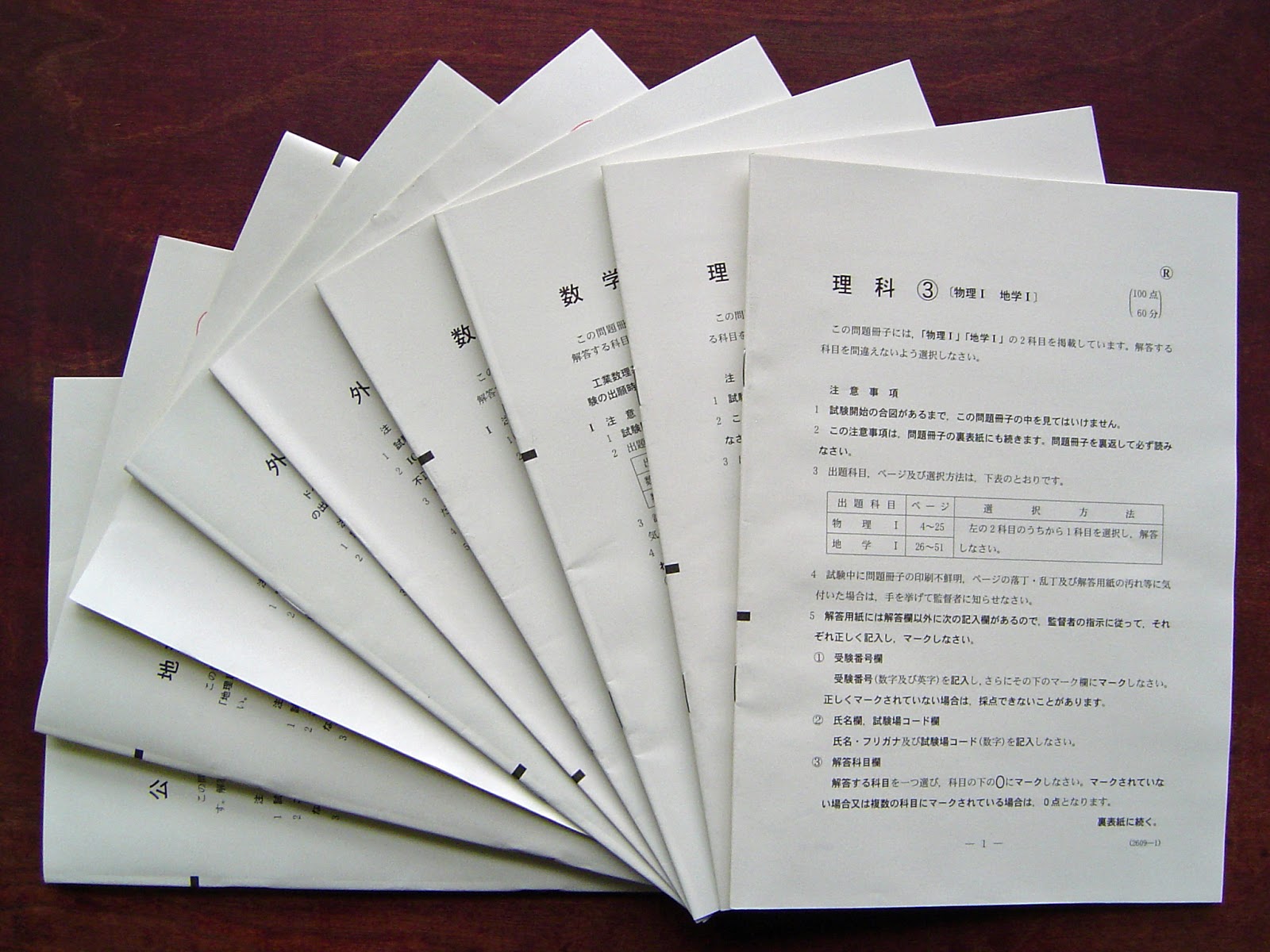
4. Practice Papers
Practice makes perfect. Regularly solving practice papers can help your child get accustomed to the question patterns and improve their problem-solving speed. It also provides an opportunity to apply what they have learned, enhancing their understanding of the concepts.

5. Healthy Lifestyle
A healthy body houses a healthy mind. Ensure your child follows a balanced diet, gets enough sleep, and engages in regular physical activity. This not only boosts their physical health but also improves their mental well-being, enhancing their ability to concentrate and perform better in exams.

6. Stress Management
PSLE can be stressful. Teach your child stress management techniques like deep breathing, meditation, or even a hobby to keep stress at bay. It’s important to remind them that it’s okay to take breaks and relax. After all, their mental health is as important as their academic performance.
_
Read Also:
6 Things Everyone Gets Wrong About Cats
_

7. Positive Mindset
Cultivate a positive mindset in your child. Encourage them to view challenges as opportunities to learn and grow. This can boost their confidence and motivate them to strive for excellence. Remember, a positive mind achieves positive results.

8. Parental Support
Your support can make a huge difference. Be there for your child, to provide encouragement, and celebrate their small victories. Your belief in their abilities can inspire them to believe in themselves and give their best.
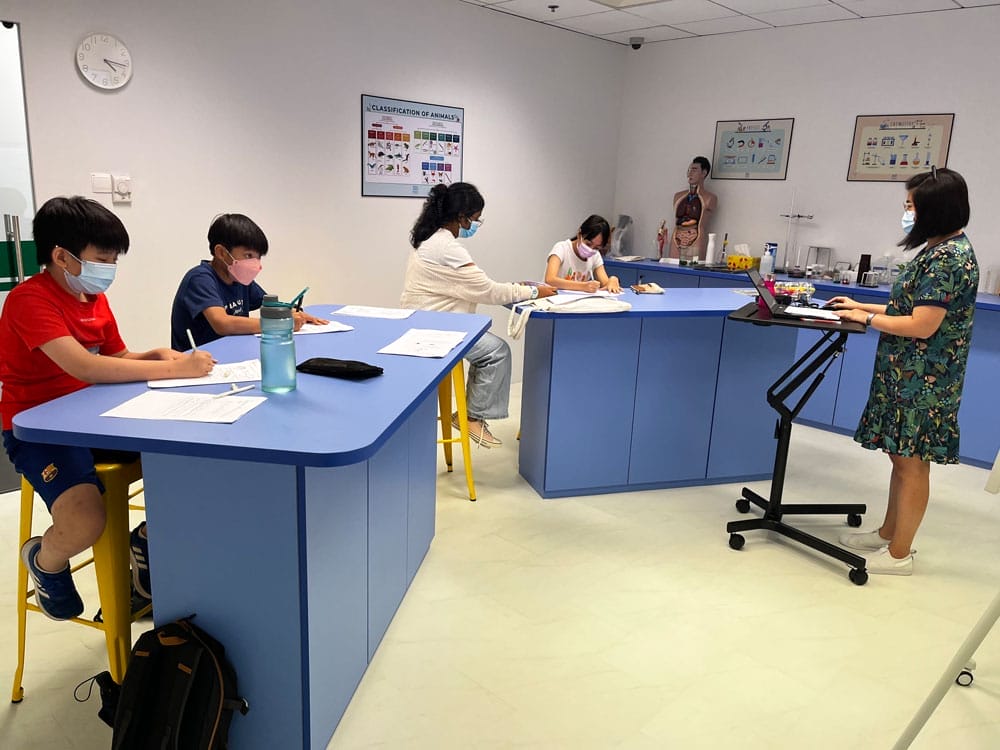
9. Tuition and Enrichment Classes
If necessary, consider enrolling your child in tuition or enrichment classes. These can provide additional support and resources. However, remember that these are just aids. The real success lies in your child’s hard work and determination.
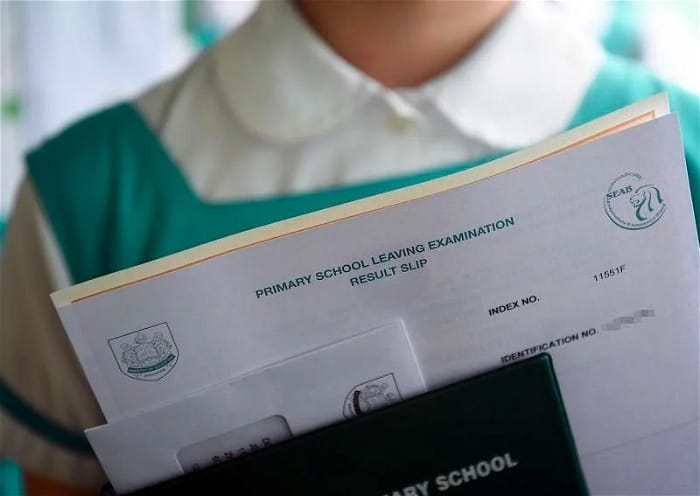
10. Post-PSLE Pathways
Lastly, reassure your child that PSLE is not the end. There are various pathways they can pursue post-PSLE, each leading to success. This can alleviate their stress and help them view PSLE as a stepping stone towards their future.
Conclusion
The journey to PSLE might seem daunting, but with the right approach, your child can conquer it with confidence. Remember, every child is unique, and so is their learning journey. At Tropika Club Magazine, we believe in nurturing this uniqueness. Let’s embrace the journey and make the most of it. After all, success is not just about the destination, but also about the journey. Good luck, Singapore!

Frequently Asked Questions (FAQ)
Q: What is the PSLE?
A: The Primary School Leaving Examination (PSLE) is a national examination in Singapore taken by students at the end of their primary education.
Q: How can I manage exam stress during the PSLE?
A: Practice mindfulness techniques, maintain a balanced study schedule, and engage in regular physical activity to manage stress effectively during the PSLE.
Q: Are there any effective study methods for PSLE preparation?
A: Utilize active learning strategies such as summarizing content, teaching others, and using mnemonic devices to enhance memory retention and understanding of key concepts.
Q: How important are breaks during study sessions for PSLE preparation?
A: Taking regular breaks during study sessions is crucial for maintaining focus and preventing burnout. Aim for short breaks every 25-30 minutes of intense study.
Q: What role does a healthy lifestyle play in PSLE success?
A: A healthy lifestyle, including proper nutrition, adequate sleep, and regular exercise, supports cognitive function, enhances memory retention, and boosts overall academic performance.
Q: How can parents support their children during the PSLE period?
A: Provide emotional support, create a conducive study environment, and encourage open communication to help alleviate stress and anxiety during the PSLE period.

Have an Article to Suggest?
Tropika Club is always looking for new and exciting content to feature in their magazine and they value the input of our readers. If you have any noteworthy content or articles that you believe would be a great addition to Tropika Club’s magazine, we are open to suggestions and encourage you to reach out to us via email at [email protected]. By doing so, Tropika Club values your expertise and knowledge in the matter and appreciates your willingness to help. We will review your recommendations and update our list accordingly
Meanwhile, Check Out Tropika Club’s Ecosystem of Websites
Tropika Club Magazine – Tropika Club Magazine is a Singapore-based publication that features articles on a wide range of topics with a focus on local businesses and content for the region. The magazine emphasizes supporting local businesses through its #SupportLocal initiative, which includes coverage of everything from neighborhood hawker stalls to aesthetic clinics in town. In addition to highlighting local businesses, Tropika Club Magazine also covers a variety of local content, including beauty, lifestyle, places, eats, and what’s on in Singapore and the Asia Pacific region.



